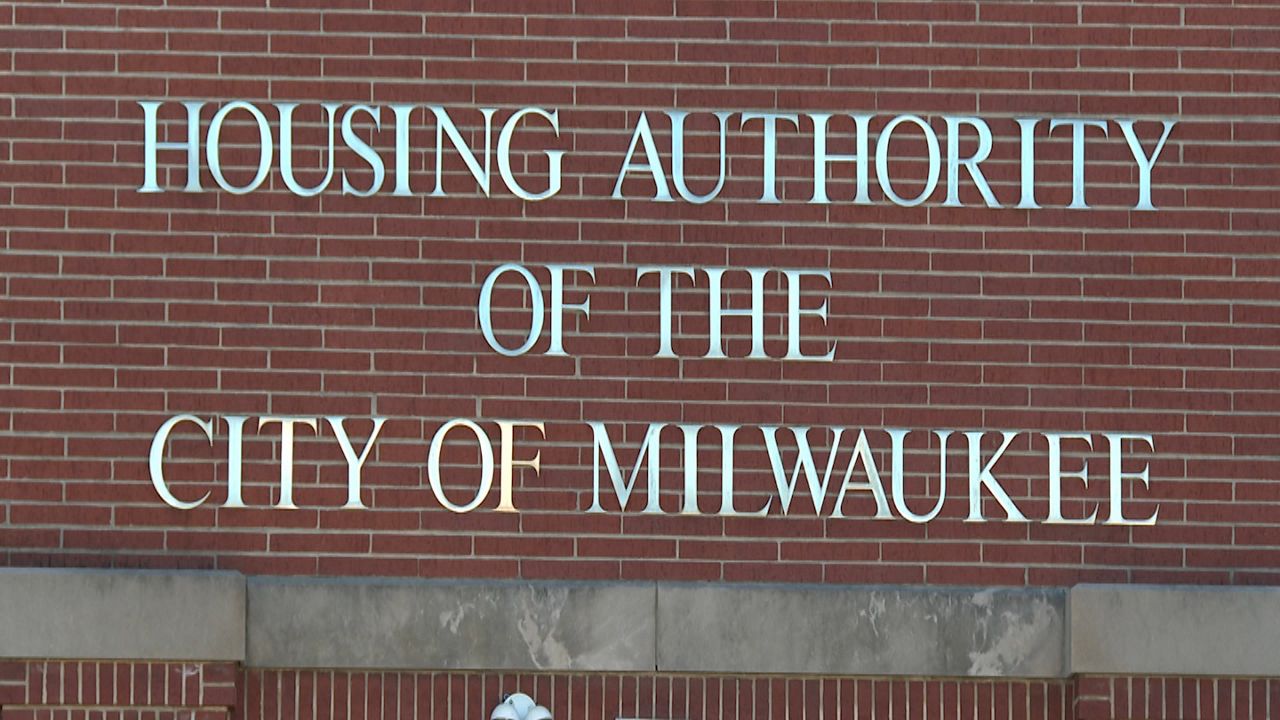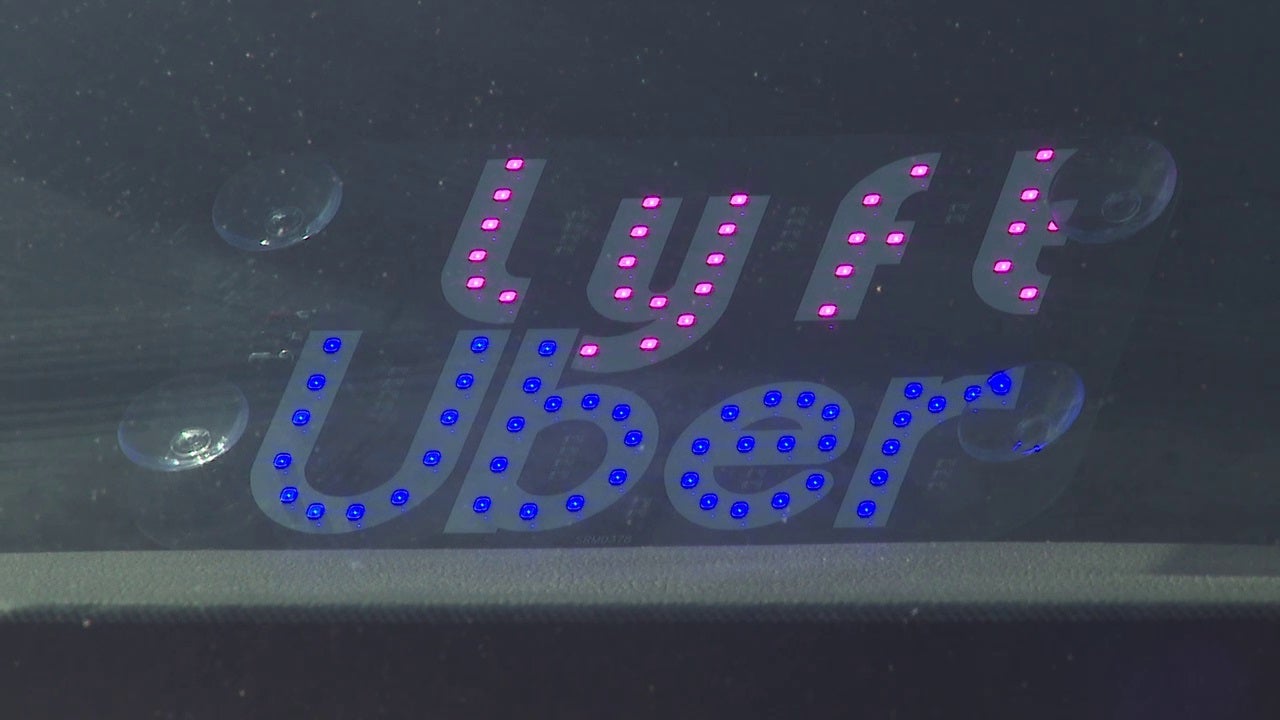Technology
Gym teacher accused of using AI voice clone to try to get a high school principal fired
/cdn.vox-cdn.com/uploads/chorus_asset/file/25263505/STK_414_AI_C.jpg)
A physical education teacher and former athletic director of a Baltimore County high school has been arrested and charged with using an AI voice cloning service to frame the school’s principal.
The Baltimore Banner reports that Baltimore County police believe a recording whiich circulated through social media in January with purported audio of Pikesville High School principal Eric Eiswert making racist and antisemitic comments was fake. Experts told The Baltimore Banner and police that the recording, which briefly resulted in Eiswert’s suspension, has a “flat tone, unusually clean background sounds, and lack of consistent breathing sounds or pauses.”
Baltimore County police traced the recording to Dazhon Darien, a former athletic director at the school whose name was also mentioned in the audio clip. He allegedly accessed school computers “to access OpenAI tools and Microsoft Bing Chat services” as reported by WBAL 11 and NBC News. He was also linked to the audio’s release via an email address and associated recovery phone number.
It is not clear what AI voice platform Darien allegedly used.
The police arrested Darien on Thursday at the airport, and said in a statement “It’s believed Mr. Darien, who was an Athletic Director at Pikesville High School, made the recording to retaliate against Mr. Eiswert who at the time was pursuing an investigation into the potential mishandling of school funds.” He has been released after posting bail, and faces charges including theft (for the issue with school funds), disturbing the operations of a school, retaliation against a witness, and stalking.
In this fraught environment, OpenAI decided in March to withhold its AI text-to-voice generation platform, Voice Engine, from public use. The service, which only requires a 15-minute audio clip to clone someone’s voice, is only available to a limited number of researchers due to the lack of guardrails around the technology.
US lawmakers have filed, but not yet passed, several bills like the No Fakes Act and the No AI Fraud Act that seek to prevent technology companies from using an individual’s face, voice, or name without their permission.
Update April 25th: Clarified that Pikesville High School is in the city of Pikesville in Baltimore County, MD, added details about Darien and Thursday’s arrest.

Technology
More Tesla employees laid off as bloodbath enters its fourth week
/cdn.vox-cdn.com/uploads/chorus_asset/file/23986648/acastro_STK086_03.jpg)
Tesla’s brutal round of layoffs entered its fourth week, with more employees posting on LinkedIn and elsewhere about receiving notice that their time at the company has come to an end.
The most recent layoffs, which were first reported by Electrek and Business Insider, appear to be hitting different segments of the company, including software, services, and engineering. Employees said they received layoff notices over the weekend and on Monday.
It’s unclear how many employees have been affected. Business Insider reported at least seven employees posted about being laid off on Sunday.
On X, Tesla CEO Elon Musk said the company needed to be reorganized every five years. And in an email to employees, he said the company needed to be “absolutely hard core” about the cuts and that staffers working under executives who “don’t obviously pass the excellent, necessary and trustworthy test” would be out of a job.
According to Bloomberg, Musk privately expressed a desire to lay off at least 20 percent of the company because its quarterly vehicle deliveries fell by that much.
Tesla is going through one of its toughest financial situations in years, with sales dropping and profits down 55 percent year over year. The company is experiencing increased competition, both in the US and in China, while also dealing with waning demand for EVs globally.
Technology
How to recover a hacked Facebook account
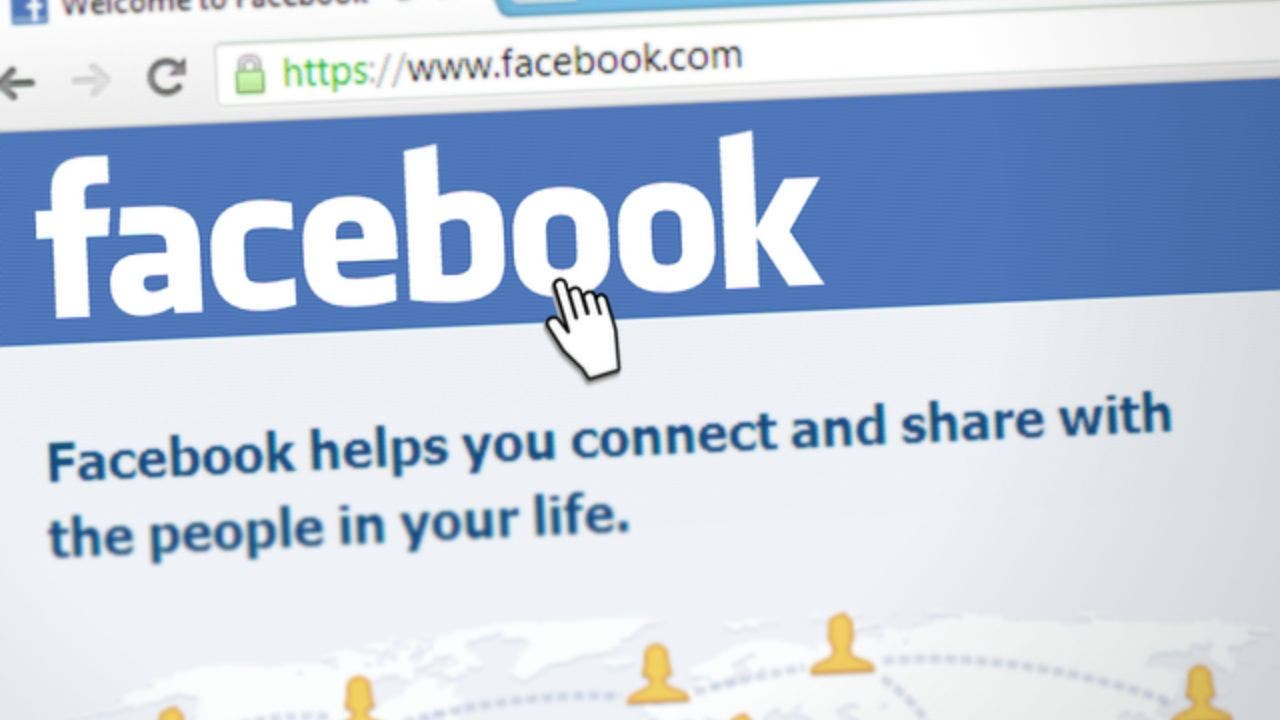
Facebook is no stranger to cyberthreats. Many hackers and scammers use Facebook to reach their victims, and keeping up with all their new techniques is challenging. Most of the time, people don’t even realize they’ve been hacked until a friend on Facebook lets them know they’ve received suspicious links from you on Messenger or almost clicked on a strange link posted to your page. (Unfortunately, this friend may have already clicked on the link.)
To add fuel to the fire, many accounts that have been hacked are also hard to get back into after the fact by the actual account holder. We received an email from a man who contacted us with just this very question:
“My wife’s Facebook was hacked a month ago, and we aren’t able to get back into her account, let alone just to get Facebook to shut it down.”
Does this sound familiar? What do you do if you realize your Facebook account has been hacked? And how can you get back on and recover your account if the hacker has logged you out? Here’s what you need to know.
GET KURT’S CYBERGUY REPORT TO YOUR INBOX BY CLICKING HERE
A woman on her Facebook account (Kurt “CyberGuy” Knutsson)
Why can’t I get access to my account after I’ve been hacked?
No one wants to find out that their Facebook account has been hacked. Being locked out of your account, unable to let your friends know that you didn’t send those suspicious links, or unable to log back in altogether can be upsetting and frustrating. But why does this happen? Why can’t you get back into your account after being hacked?
Well, there are a few reasons. One could be that once the hacker accessed your account, they’ve entered your settings and changed the password, so you can’t get back in without resetting it. If they’ve changed additional settings, it’ll take more than a password reset to get back in.
The other way is that someone may have reported your posts or your account to Facebook, letting them know that a hacker has taken over the account. In some cases, Facebook will block the account for security reasons. In both situations, getting back onto the platform and recovering your account is difficult. But there are ways to do it.
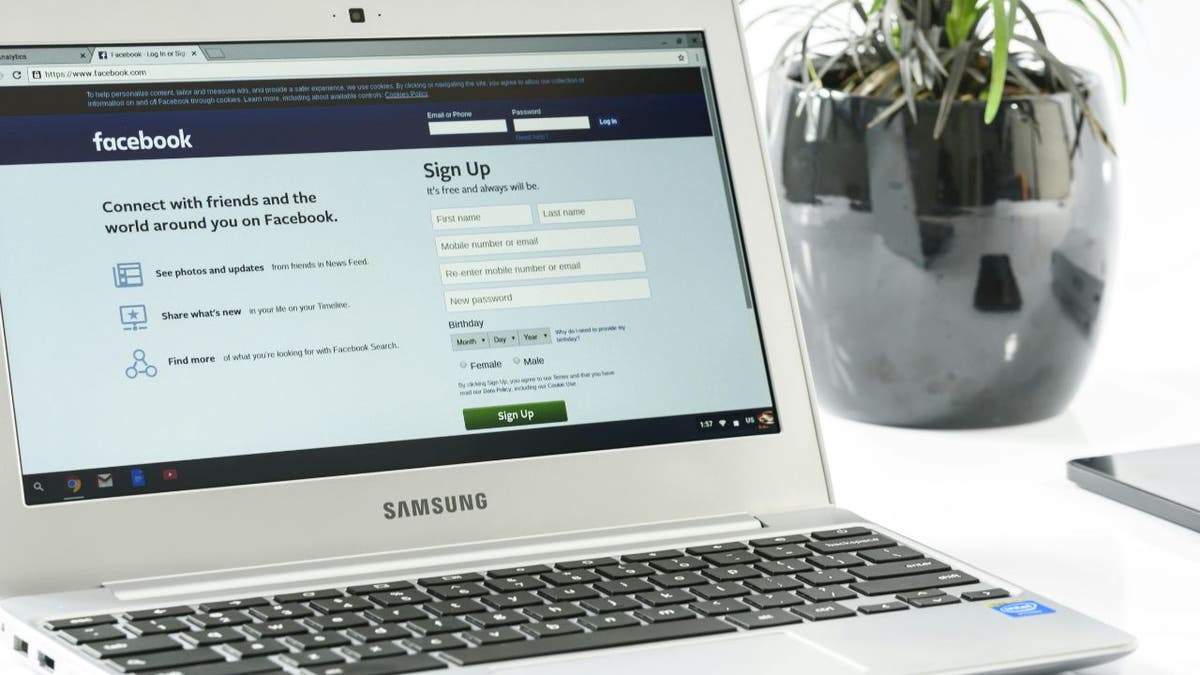
Facebook sign-in page (Kurt “CyberGuy” Knutsson)
MORE: DON’T FALL FOR THAT ‘LOOK WHO DIED’ FACEBOOK MESSAGE TRAP
How can I get back into/recover my account?
If you’ve been hacked and signed out of Facebook, you might wonder how you can access your account. Sometimes, you can still log into your Facebook account, but you recognize you’ve been hacked and want to take back ownership. Other times, Facebook already detects the hack and will log you out for security reasons, especially if you cannot verify the changes the hacker may have made to your account. Finally, if the hacker changed your recovery information – like your email and phone number – you may have an extra difficult time recovering your account. This is what you can try.
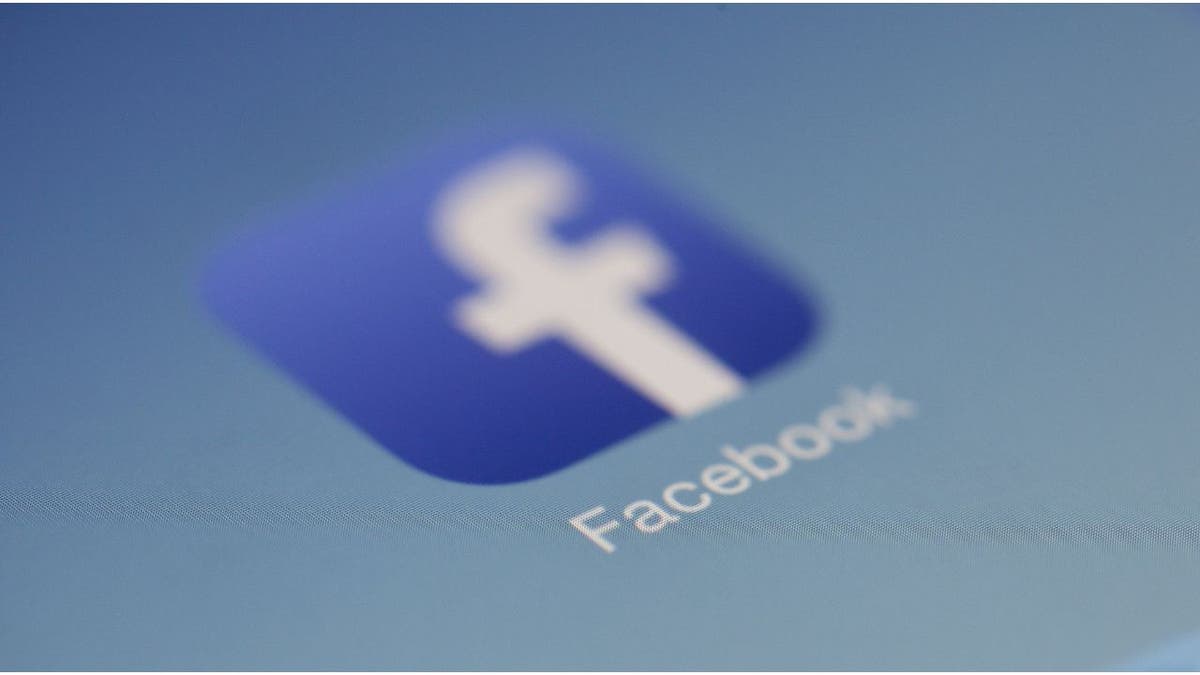
Facebook app (Kurt “CyberGuy” Knutsson)
MORE: HOW TO ESCAPE FACEBOOK’S CREEPY AD TRACKING
How to log back into Facebook if the hacker has logged you out
You may realize a hacker has taken over your account if you can’t log in, or you may notice some red flags while still logged into your account – like posts you didn’t create or friends letting you know you’ve been hacked. You may also notice that your account details, such as your name, birth date, etc., have been changed.
If you know you’ve been hacked, and you’ve been signed out of your account, you can:
- Go to the login screen and click Forgotten password
- Then follow the steps to reset your password and log back in
- Lastly, Facebook suggests that you visit https://www.facebook.com/hacked to secure your account. Here, they’ll ask you to change your password and review your recent login activity.
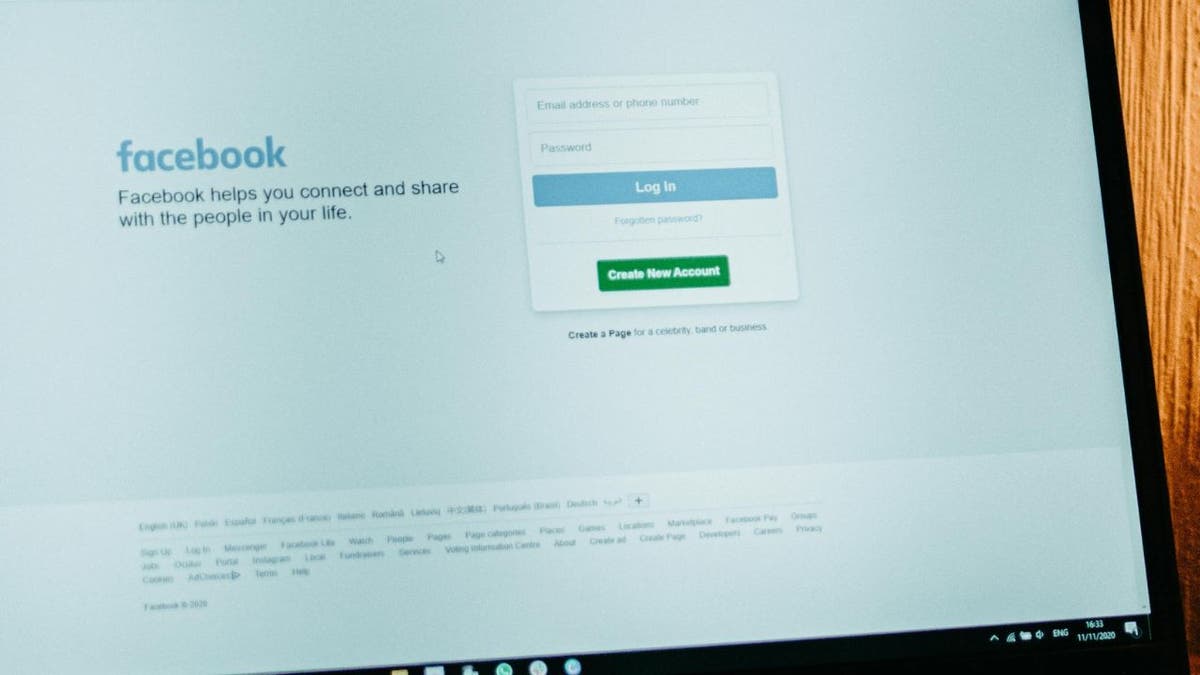
Facebook log-in page (Kurt “CyberGuy” Knutsson)
MORE: FOOLPROOF STEPS TO HELP PROTECT YOUR FACEBOOK ACCOUNT FROM HACKERS
How to recover your account if the hacker changed the email address on file
If you’ve tried the above method, and you’re still locked out of your account, it could be because the hacker has changed the email address and other verification information on file, which means any reset password links after that will go to them.
The good news is that you can reverse this. When the hacker changes the email, Facebook sends a message to the previous email account with a special link to verify – aka your email. Search your inbox for an email from Facebook. Then you can click this link to reverse the email change and follow the steps to secure your account.
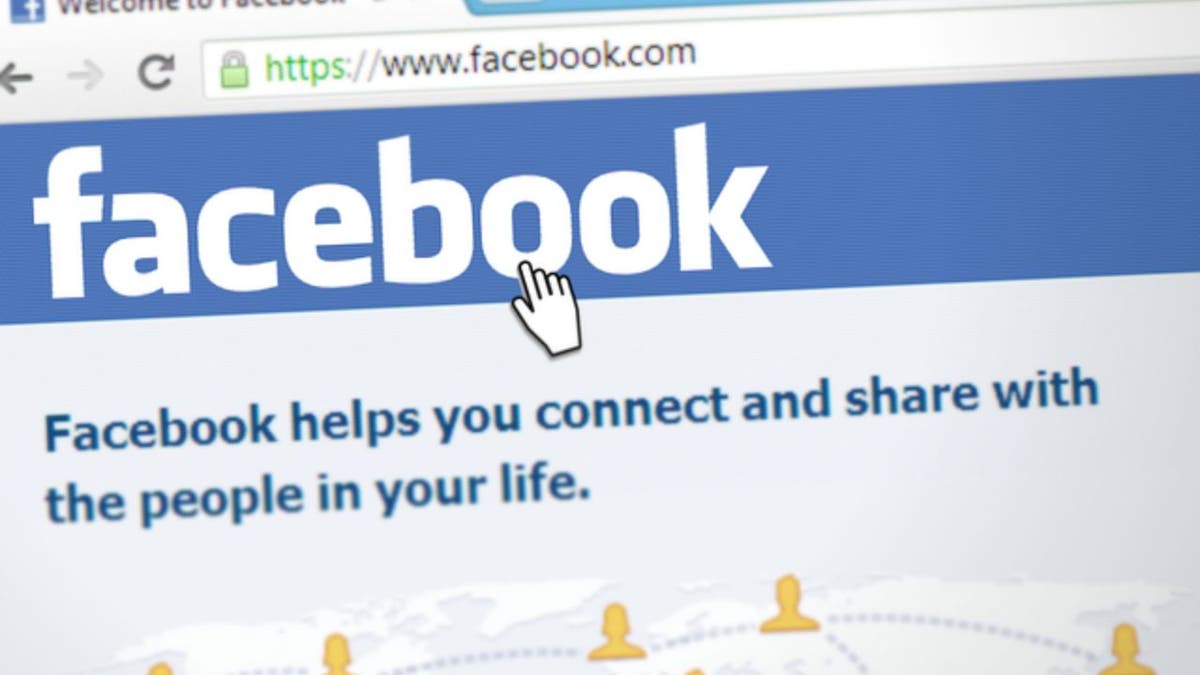
Facebook main page (Kurt “CyberGuy” Knutsson)
MORE: UNFORGETTABLE MOTHER’S DAY GIFTS 2024
How to recover your Facebook account if you no longer have access to the phone number or email associated with your account
If you cannot access the phone number or email associated with your Facebook account (perhaps because the hacker has also compromised your email).
- Head to facebook.com/login/identify
- You can fill out a form to have Facebook review your account while answering a few security questions to prove the account you’re trying to recover is yours.
- Sometimes, you’ll have to provide proof of ID, like a photo of a driver’s license, as they match the information you provided to Facebook when you first created your account.
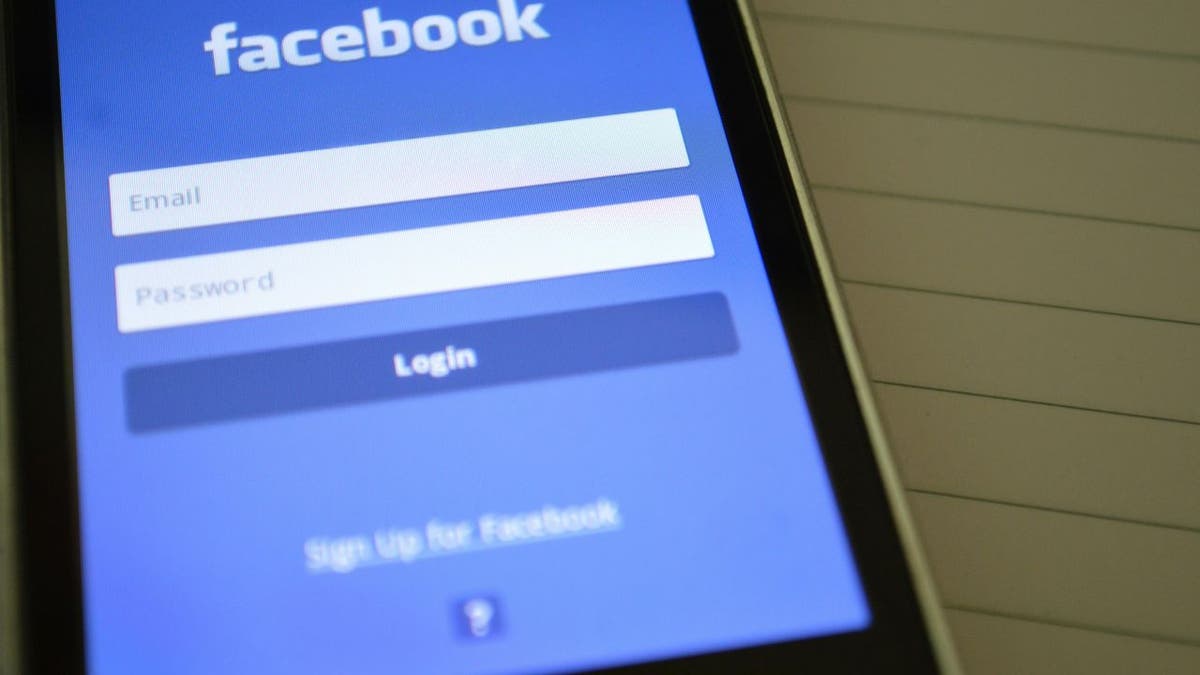
Facebook login on the app (Kurt “CyberGuy” Knutsson)
Help a friend recover their account (or ask your friend to help you)
Facebook also allows friends to help each other recover their accounts. This is also true if your friend has passed away or is incapacitated and can no longer use their Facebook. By doing this, you help prevent hackers from taking over a vulnerable account. The steps you’d take, though, depend on the situation. For instance, there are cases where hackers create fake profiles to impersonate you.
If you’re trying to help your friend recover their account for this reason – or they’re trying to help you – visit the Hacked Accounts section of the Help Center on Facebook and follow the steps.
How can I protect my account from being hacked in the future?
Unfortunately, if you’ve tried all the above methods and still can’t recover your account, you may not be able to. You can try to contact Facebook, but they are difficult to get in touch with.
Whether you get back into your account or end up creating a new one, you must take all the steps you can to secure your account to prevent hackers from getting in:
1) Visit Facebook’s “Privacy, Safety and Security” settings in the Help Center.
- Open the Facebook app
- Tap the three horizontal lines (menu icon) in the bottom-right corner
- Scroll down and tap “Settings & Privacy”
- Tap “Settings”
- Here, you can adjust various settings related to your account, including privacy options.
2) Consider keeping your account as private as possible.
3) Be sure to use a strong password that you aren’t using for other accounts. Consider using a password manager to generate and store complex passwords.
4) Under your account settings, set up 2FA via SMS. This means if someone changes your email or phone number, at least one of the methods can help you get back in.
5) Log out of your Facebook account when you access it on a public or friend’s device.
6) Don’t share your login details with anyone, not even friends or relatives.
7) Don’t click on suspicious links or posts. The best way to protect yourself from clicking malicious links that install malware that may access your private information is to install antivirus protection on all your devices. This can also alert you of any phishing emails or ransomware scams. Get my picks for the best 2024 antivirus protection winners for your Windows, Mac, Android & iOS devices.
8) Frequently do software updates on your device to prevent malware from getting in.
Kurt’s key takeaways
Facebook can be a risky place in general. As hackers become more inventive, there’s no way to protect yourself 100% from scams. If you get hacked and logged out of your account, it’s not enough to follow the steps to recover and log back in. You’ll also need to update your security preferences and ensure you follow the security tips we’ve outlined.
Have you ever had your Facebook hacked and needed to recover your account? Were you successful? Why or why not? Let us know by writing us at Cyberguy.com/Contact.
For more of my tech tips and security alerts, subscribe to my free CyberGuy Report Newsletter by heading to Cyberguy.com/Newsletter.
Ask Kurt a question or let us know what stories you’d like us to cover.
Answers to the most asked CyberGuy questions:
Copyright 2024 CyberGuy.com. All rights reserved.
Technology
Tesla plans to charge some Model Y owners to unlock more range
/cdn.vox-cdn.com/uploads/chorus_asset/file/25434354/Screenshot_2024_05_05_at_10.54.59_AM.png)
Tesla CEO Elon Musk posted on Friday that the Standard Range rear-wheel drive Model Y the company has been building and selling “over the last several months” actually has more range than the 260 miles they were sold with. Pending “regulatory approval,” he wrote that the company will unlock another 40–60 miles of total range, depending on which battery Model Y owners have, “for $1,500 to $2,000.”
This isn’t the first time Tesla has software-locked its cars’ range. The company revealed back in 2016 that the 70kWh battery in the Model S 70 actually had 75kWh of capacity that customers could pay more than $3,000 to access. It’s possible that the current Model S and X cars, which weigh the same as their longer-range counterparts, have also been software-limited.
-

 News1 week ago
News1 week agoBoth sides prepare as Florida's six-week abortion ban is set to take effect Wednesday
-

 Politics1 week ago
Politics1 week agoColumbia University’s policy-making senate votes for resolution calling to investigate school’s leadership
-

 Politics1 week ago
Politics1 week agoGOP Rep. Bill Posey won't seek re-election, endorses former Florida Senate President as replacement
-

 World1 week ago
World1 week agoBrussels, my love? MEPs check out of Strasbourg after 5 eventful years
-

 World1 week ago
World1 week agoRussian forces gained partial control of Donetsk's Ocheretyne town
-

 Politics1 week ago
Politics1 week agoHouse Republicans brace for spring legislative sprint with one less GOP vote
-

 World1 week ago
World1 week agoAt least four dead in US after dozens of tornadoes rip through Oklahoma
-

 Politics1 week ago
Politics1 week agoAnti-Trump DA's no-show at debate leaves challenger facing off against empty podium
